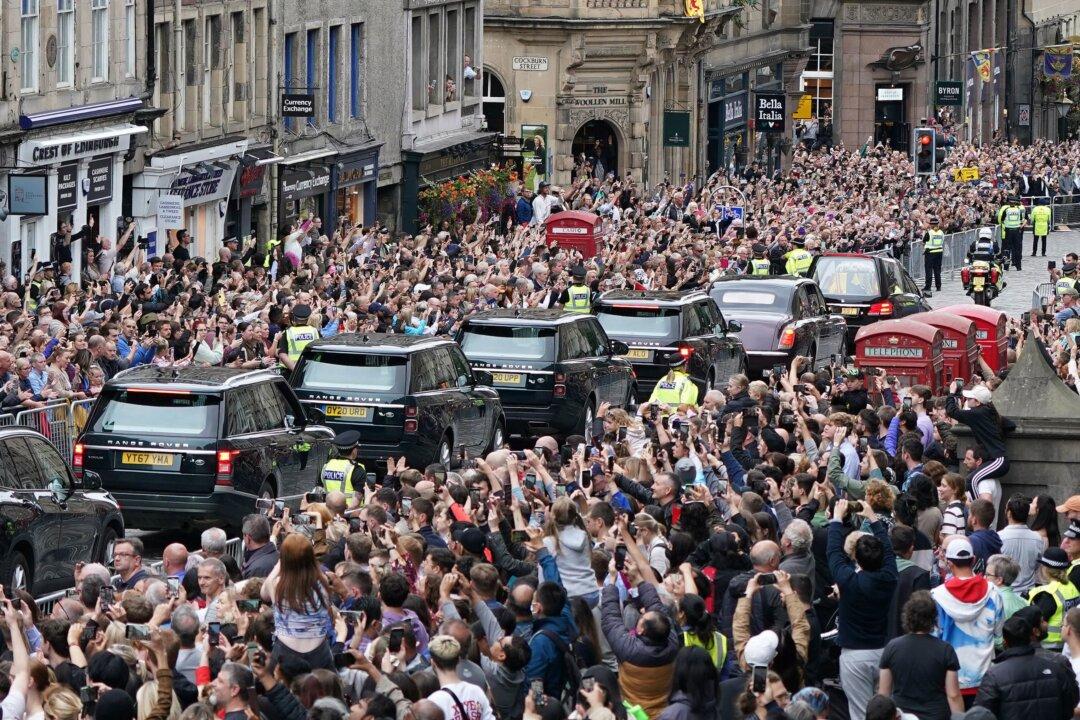The Metropolitan Police has confirmed people “absolutely have a right to protest” against the monarchy, despite a number of incidents in which individuals were detained or even charged over anti-royalist placards.
The death of Queen Elizabeth II has largely been greeted with sadness and respect but there have been incidents where people with a republican agenda have sought to make their views known.





